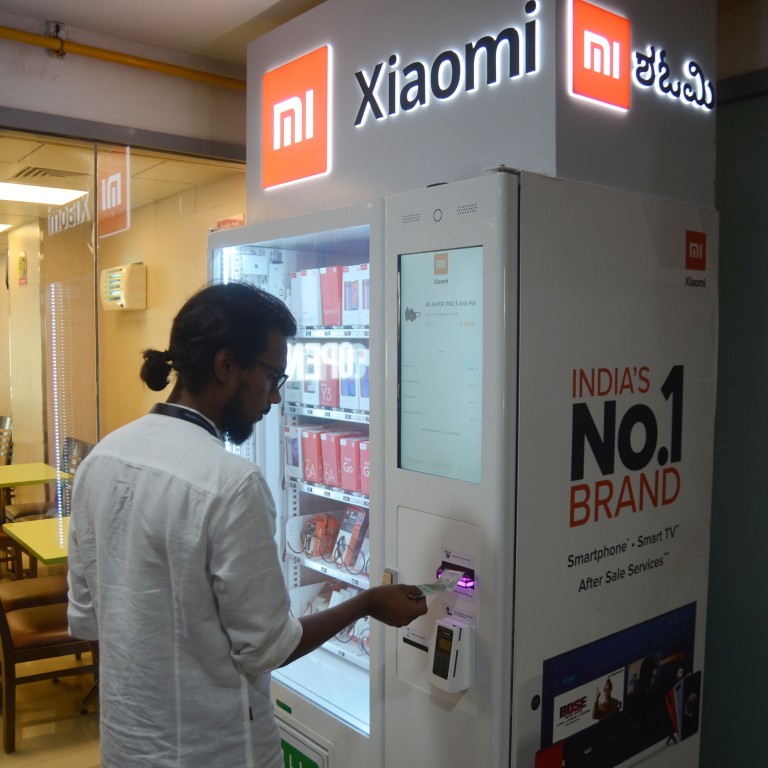
Xiaomi, Oppo, Vivo, Realme face Indian dilemma as Covid-19 resurgence sinks demand
- Before the latest round of lockdowns started in April, India’s smartphone market had been in the midst of a recovery from last year
- The smartphone brands’ manufacturing in the country is also threatened as more virulent viral strains could prolong the crisis
India’s recent surge in Covid-19 infections, with daily infections at record highs, has turned into bad news for Chinese smartphone makers Xiaomi, Realme, Oppo and Vivo, all of which have been expanding in the country in recent years.
After being hit by lockdowns last year, India’s smartphone market had been recovering until the recent resurgence of the virus. In mid-April, “things took a U-turn” as different parts of the country once again started locking down, according to Kiranjeet Kaur, a senior research manager at IDC.
“People are not venturing outside their home unless they absolutely need to,” Kaur said. “[Online retailers] are only providing essentials, and smartphones are not considered an essential.”
That would mean 9 million fewer handsets shipped in the country than the original 28 million forecast by market intelligence firm IDC.

India has been crucial for Chinese smartphone makers looking for growth amid market saturation back home. Their devices have proven popular for their affordability, and they could bear the brunt of declining sales.
Xiaomi was the country’s top smartphone maker in 2020, shipping 41 million units, according to IDC. Recessed demand could see the company lose 3 per cent of its expected quarterly revenue, according to Bloomberg Intelligence.
Smartphone rivals Xiaomi, Oppo and Vivo leave Huawei in the dust
“Our current business development is affected to a certain extent, but as the situation hopefully improves, we are confident that we will be able to recover quickly,” Realme said in a statement, adding that employee health and safety is of utmost importance to the company.
Oppo said that it donated medical equipment, including breathing machines, to the country, but it did not comment on the virus’ impact on its business in India. Xiaomi and Vivo did not respond to requests for comment.
All four Chinese smartphone makers have also invested in building up their manufacturing capacity in India to serve rising consumer demand. But now manufacturing in the country could be threatened, according to Bloomberg Intelligence.

06:56
The rise of Chinese smartphones
“There might be a temporary cut down in production, but at the same time, these companies are also making sure not to cut down on workforce and may even drive vaccination awareness,” said Tarun Pathak, research director at Counterpoint.
Smartphone makers in India have learned from previous shutdowns and have taken some basic steps to ensure work continues, IDC’s Kaur said, adding that factories and logistics are significantly less affected than last year.
There is also a possible silver lining for smartphone companies: lockdowns have boosted demand for devices that enable remote learning. But even if smartphone demand recovers soon, a global component shortage continues to plague electronics makers, Kaur said.


